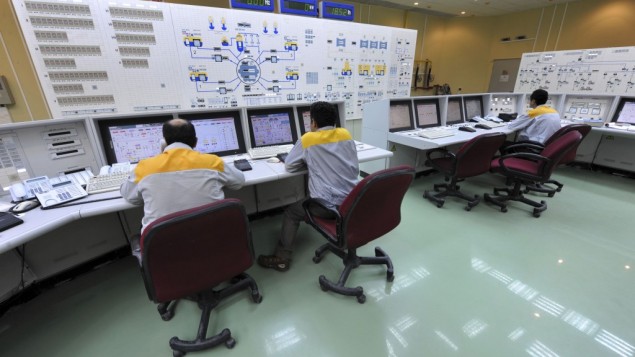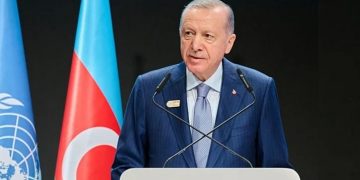
The US Congress is adjuring ahead with a new package of crippling sanctions on Islamic Republic of Iran, enlarging on financial penalties and aiming Tehran’s energy and shipping sectors in the hope that economic pressure will cut its mistrusted nuclear weapons program.
House and Senate negotiators arrived at agreement late Monday on legislation which builds on the latest punishments directed at financial institutions which do business with Iran’s central bank. The new bill would impose sanctions on anybody who mines uranium with Iran; sells, leases or allows for oil tankers to Tehran; or supplies insurance to the National Iranian Tanker Co., the state-run shipping line.
Lawmakers hope to vote on the bill this week before their monthlong August recess, with a voting by the House of Representatives possible Wednesday. The measure has one important backer – the powerful American Israel Public Affairs Committee, the pro-Israel lobbying group – and extensive support from both Republicans and Democrats.
“This bipartisan, bicameral Iran sanctions legislation fortifies current United States. law by leaps and bounds,” stated Rep. Ileana Ros-Lehtinen, chairwoman of the House Foreign Affairs Committee. “It updates and expands United States. sanctions, and counters Iran’s attempts to evade them. The bill posts a clear message to the Iranian regime that the U.S.A.. is charged, through the apply of sanctions, to forbidding Iran from crossing the nuclear threshold.”
The U.S. government and EU debate that divesting Iran of its oil income baffles its suspected drive for nuclear weapons. Iran has exported 2.5 million barrels of oil a day to Europe, China, India, Japan and South Korea. U.S. officials say the penalties have reduced Iran oil exports to less than 1.8 million barrels a day, costing Tehran about $63 million daily.
Unless Iranians “come clean on their nuclear program, end the suppression of their people and stop supporting terrorist activities, they will face deepening international isolation and even greater economic and diplomatic pressure,” said Sen. Tim Johnson, chairman of the Senate Banking Committee.













